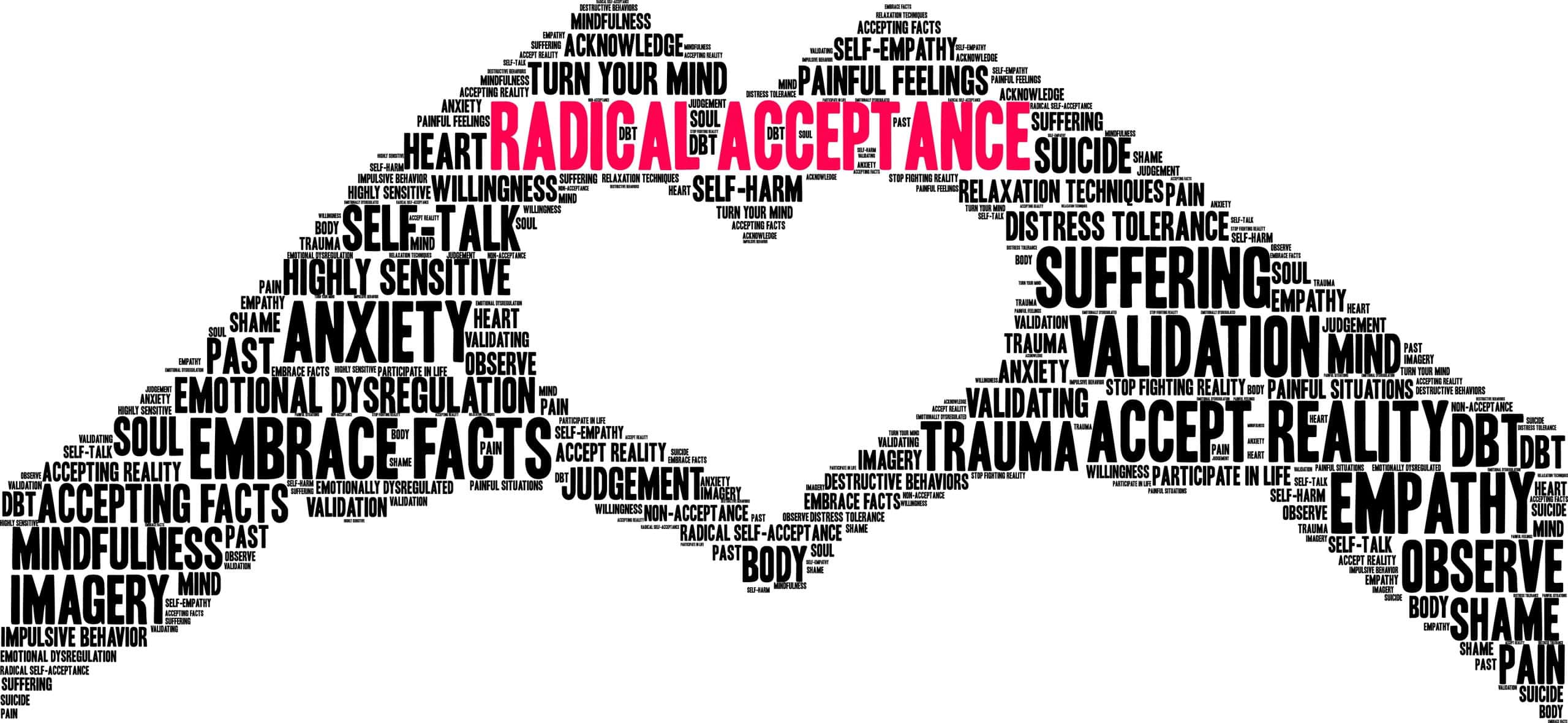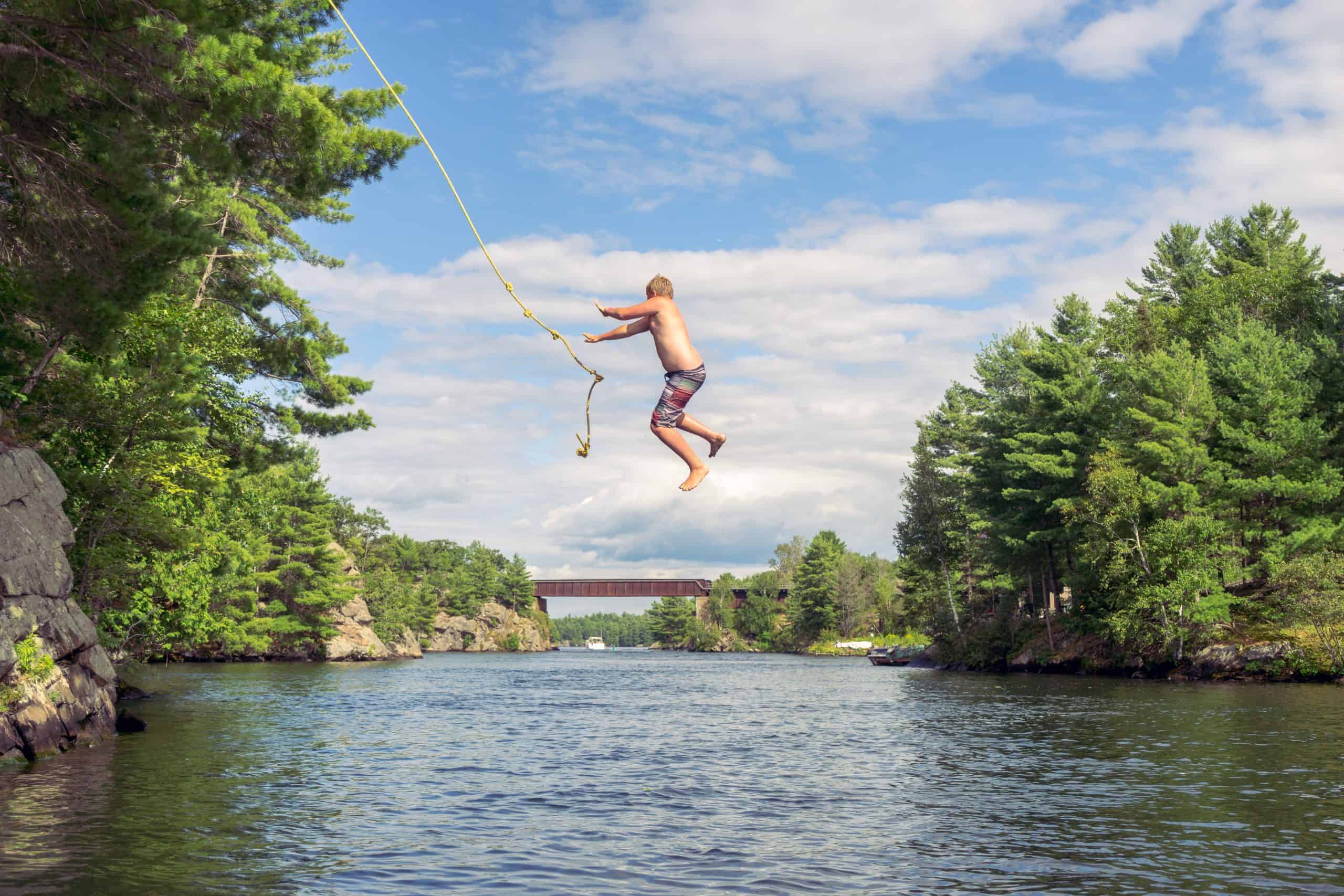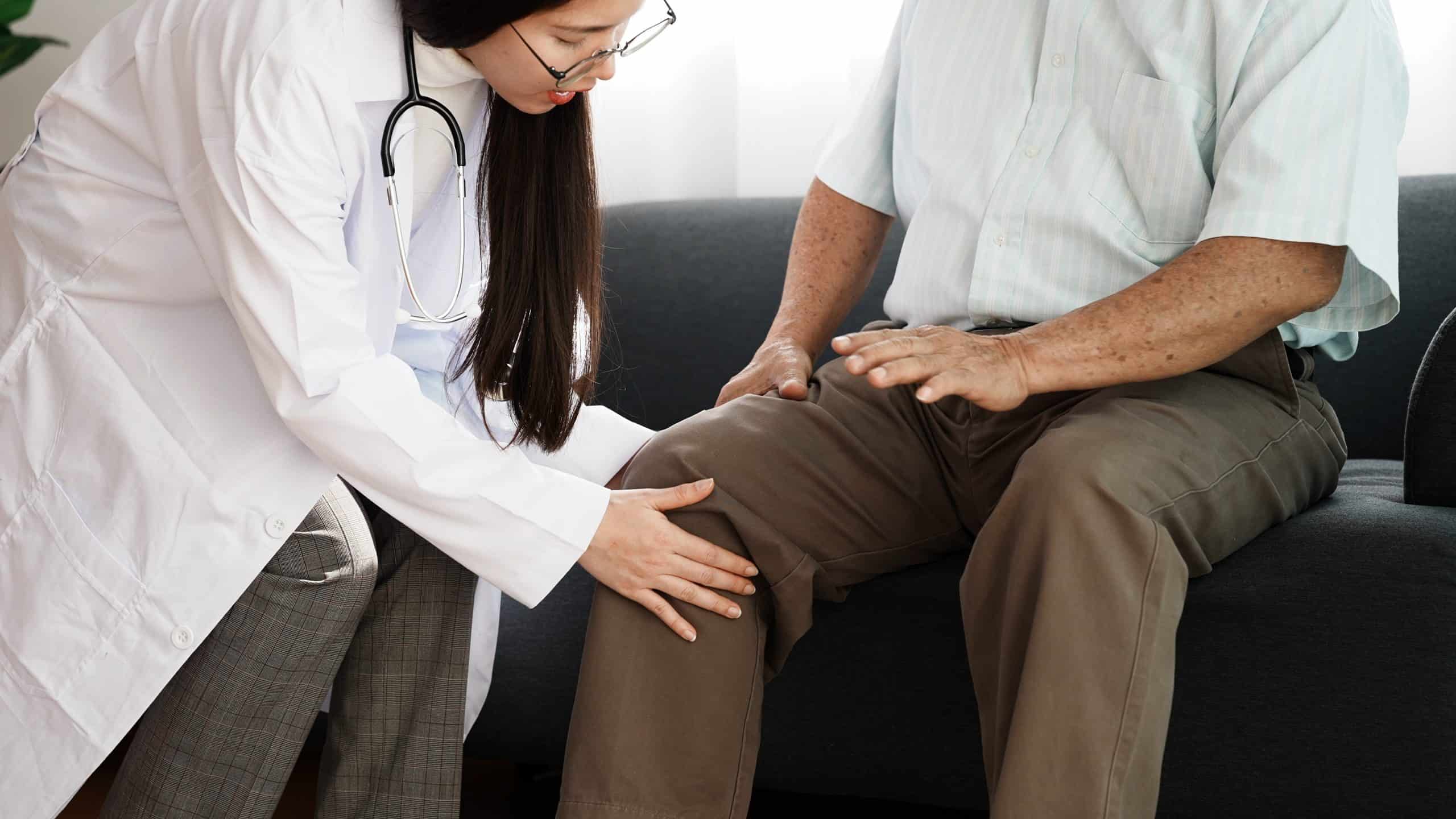Radical Acceptance
Posted on June 4, 2021
by Tom Horvath, PhD, ABPP
Dialectical Behavior Therapy (DBT) places a primary focus on improving distress tolerance. One of several tools DBT offers for tolerating distress is radical acceptance.
The context of using any of the distress tolerance tools is the recognition that life will have distress, and that we need to learn how to bear up under it. Life is worth living even if it can be painful. DBT distress tolerance skills are designed to help us get through a crisis, but these tools benefit from practice in advance. These skills can help us accept the discomfort or pain that occur in a crisis, while preventing that discomfort or pain from rising to the level of suffering.
Radical = “going to the root,” like a radish. Radical acceptance does not mean we approve of reality. ...
full story










